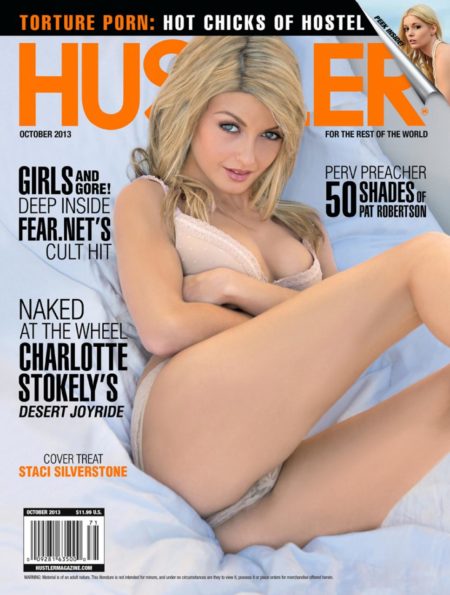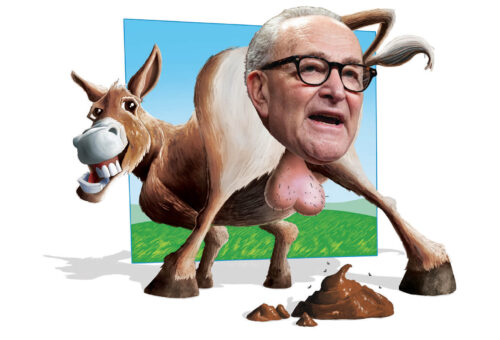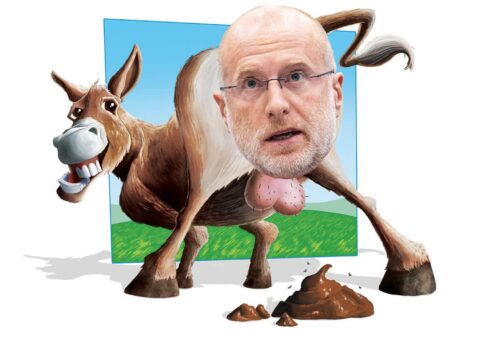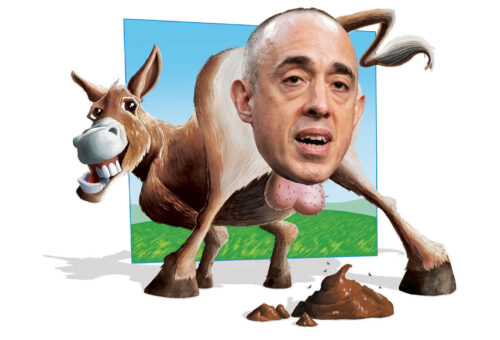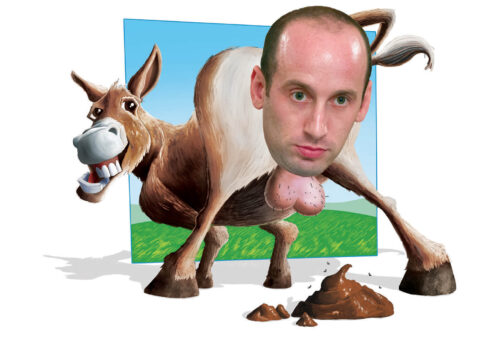Jazz Is Still Kickin’
I began reporting on jazz and knowing its key players in the late 1940s, also learning life lessons from them ever since. Tenor saxophonist Ben Webster advised, “Listen, kid, when the rhythm section ain’t making it, go for yourself!” I’ve done that in hassles with editors and wives.
Obituaries for my favorite musical genre began when rock overran jazz’s popular big-band period (Benny Goodman, et al), and they keep marching on. Benjamin Schwarz recently added one in The Atlantic: “The End of Jazz: How America’s Most Vibrant Music Became a Relic.”
Such a relic that jazz combos are still booked around the world. For example—I kid you not—in Siberia. Meanwhile, Jazz Times magazine reported that UNESCO (the United Nations Educational, Scientific and Cultural Organi zation) has “officially designated International Jazz Day…to highlight jazz and its diplomatic role of uniting people in all corners of the globe every April 30.” As jazz legend Duke Ellington (1899-1974) marveled, “The music is so free that many people say it is the only unhampered, unhindered expression of complete freedom yet produced in this country.”
So how come these grimly misinformed obituaries keep blowing clinkers only in America? “Kids here just aren’t interested in this music anymore,” they lament, “so its audience keeps on dwindling.”

















